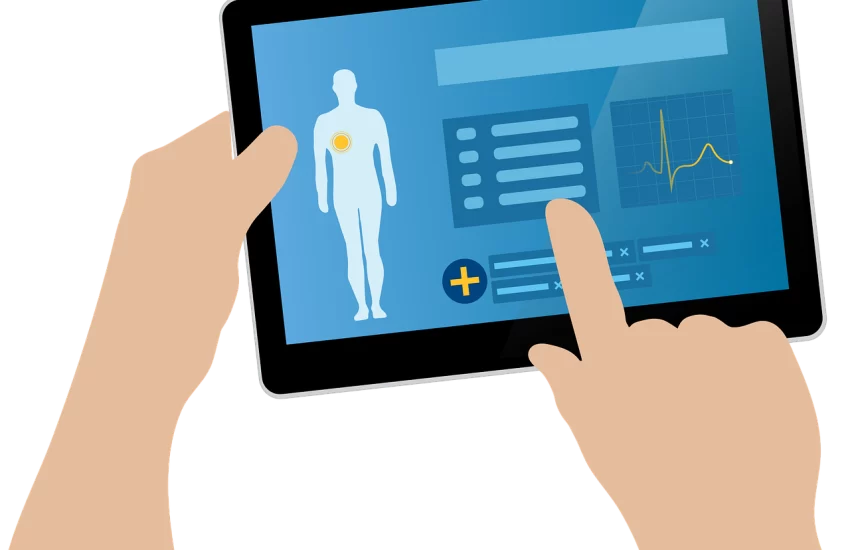Electronic medical records, or EMR, are a mechanism for digitally arranging patient data using specifically built software. Electronic medical records are essentially the digital equivalent of hard copy data files that capture general information about the patient, such as their medical history and treatment at the clinic during their visits. It collects data as it is collected by the medical practice over time and is referred to by the doctor at the time of the visit. It is a quick and effective method of gathering and referencing data. There are a number of advantages to using free electronic medical records in your business.
The Advantages of EMR
EMR Advantages for Physicians
Enhancing Practice
Electronic medical records benefit both patient care and the quality of work performed by family physicians. It should be mention that in the ever-changing environment of medical knowledge, family physicians must stay current on a variety of topics. Family doctors cannot be expect to know everything. They are, after all, human. This is where digital data systems enter the picture. As a tool, electronic medical records are intended to increase access to information and relationships, effectively revolutionizing how physicians practice.
Financial Advantages
Using electronic medical records in your business is a great method to cut overall costs. Choosing EMR systems, according to several publications, including research published in The American Journal of Medicine, can result in a positive return on your financial investment. The usage of EMRs has resulted in prescription cost reductions, faster and more effective recording and reporting of billing services, better radiologic diagnostic service, and fewer billing errors.
Improved information
Physicians profit from EMR systems in particular. They collect, compile, and deliver information in ways that paper files cannot. Graphs and pie charts are use to show information. Data systems display cholesterol, blood pressure, and weight values, allowing physicians to track any changes that have occurred over time. Furthermore, they enable them to better manage chronic diseases and screening targets, hence enhancing patient care quality. They can also alert clinicians when screening and preventative approaches are out of date, urging them to implement new ones.
EMR Advantages in Patient Care
Improved patient care
Furthermore, employing the top EMRs in the practice increases the quality of patient treatment while enhancing safety. You can use the system to prescribe and make an order for your patient. It has well check to see if the patient has previously been given the same medicine by another doctor. Furthermore, at the touch of a button, you may rapidly read over the patient’s history and receive the lowdown on the patient’s medical history and allergies. The availability of such information enables the staff and the doctor to provide the patient with comprehensive, individualized, and efficient care.
EMR systems put patients at the center of the healthcare process. Clinical summaries, which are share with patients within three working days, provide patients with information on their visit. Such as the treatment provided, drug recommended follow-up dates, and other anecdotes. Summaries help patients remember information, recollect anything they may have missed, and gain a better comprehension of what is going on. It also allows them to ask any queries they may have. Another component of the software is the provision of connections to videos, articles, and photographs that assist patients in gaining clarity about their specific healthcare issues.
These resources are patient-specific, making them simple to grasp. This enables patients to make educated decisions about upcoming surgeries, procedures, and other aspects of their lives. Patients can also obtain electronic copies of their healthcare information at any time. If individuals decide to change healthcare providers, their electronic medical record is transmitted to the new provider, providing them with an in-depth view of their past.
Protection and privacy
A digital approach also provides far greater security for patient data. Information is collect in a database that only author employees have access to. Furthermore, data is less likely to be misplaced, as with a file system, where certain pages may go missing or, in some situations, a whole file may be misplaced or misfiled. As a result, the office’s workflow remains continuous and fluid.
EMR Benefits for Hospitals
Conserve space
Paper charts and files must be save. They expand in size and demand more space as time passes. You can free up office space for other purposes and eliminate the requirement to keep files in a separate location.
